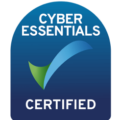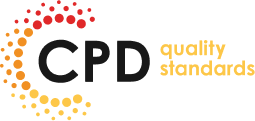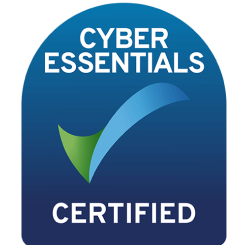4. Chartered Institute of Logistics and Transport Qualifications
CILT offers a variety of qualification that is highly recommended in the shipping and logistics industry. These include:
* Certificate in Logistics and Transport: Perfect for individuals with interest in learning the logistics and transport sectors briefly.
* Advanced Diploma in Logistics and Transport: Suitable for those seeking to take senior managerial positions as this qualification address the operational and strategic aspects of logistics and transports.
5. MCA Approved Engine Course
This qualification is vital for those persons seeking to be marine engineers and operators since it is only valid for engineers and operators in commercial waters of 24 meters or less. The course is offered by the Maritime Skills Academy. This qualification is well known and is highly regarded by both private captains and charter companies and is also applicable in many areas. It also enables the learner to get the Certification of Competency for Engineering Officer. In this course apart from other requirements, the following examined:
* Compression of the ignition engine
* Two and four-stroke operation cycles
* Engine fuel types
* Engine cooling techniques and cooling systems
* Engine lubrication technologies
* Electrical systems
* Power transmission units
This is a hands-on course, and the trainees have a chance to engage have a great experience with the engines. The course is on average for five days.
* ICS Certifications
These are the well-respected shipping industry qualification, and that is highly recommended. The qualification offers specialized knowledge in shipping. These qualifications include:
* Foundation Diploma: Suitable for individuals new to the shipping industry as it offers the little knowledge about the immediate maritime sector.
* Advanced Diploma: Perfect for a person interested in advance understanding in shipping, e.g., shipping law, ship operation, or chartering.
* Professional Qualifying Examinations : The highest qualification from ICS and is also highly recommended with international recognition as it has high regard in the shipping industry.
6. ECDIS Training
The Manila Amendment to the STCW Convention mandates that all deck officers on UK-flagged ships thoroughly understand how to use Electronic Chart Display and Information Systems. This course – typically referred to as the NACOS Platinum course – must be compliant with both the STCW Convention as well as the most up-to-date IMO model course 1.27 standards. This five-day course covers the following topics:
Pilotages
Coastal transits
Ocean passages
Anchorages
Harbours and channels
Dredged areas
Completing students receive a competency certificate, which is valid for 5 years.
7. Project Management Certificates
Possessing project management certificates can be useful since many shipping jobs revolve around the coordination and logistics of a number of different areas. Certificates worth having include:
Project Management Professional : A global certification that shows your ability to plan and execute projects well.
PRINCE2 : This is a process-based method for effective project management. Although it has its roots in the UK, it is now popular around the world.
8. Customs and Excise Certificates
Since shipping revolves around the transport of goods, those with understanding of which documents need to be completed are highly sought-after. The Certified Customs Specialist title or even the more advanced Licensed Customs Broker designation are beneficial in this aspect.
9. Environmental and Safety Certificates
As the issue of sustainability continues to take a vital place in the international community, it is becoming increasingly important to have proof of your environment-saving qualifications:
Certified Environmental Professional : As an alternative, there are other qualified programs that can make your shipping company compliant with its environment.
Occupational Health and Safety Certificates: Keeping employees safe at sea will require a qualification such as the NEBOSH.
10. Language and Cultural Competency Certifications
Since the shipping and logistics industry is global, it requires constant communication with people from other countries and speaking various languages. Obtaining certifications in the English language, such as TOEIC, or any other language of communication with your business partners might be beneficial. Additionally, personality training and certification in dealing with people across various cultures could become very useful.
Conclusion
Overall, certifications are a great advantage for employees of the shipping industry, as they allow developing the individual’s qualification and making a career progress and provide an advantage when applying for a job. Certifications, attended at the beginning of a career and upon a decision to move on a senior position are beneficial because they develop the necessary skills and provide an opportunity to get a job at least at trainee levels. Overall, in terms of career development, it is worth thinking about which direction is suitable for obtaining needed certifications while planning a career in the shipping industry.


![]() 6 minutes
6 minutes


































